#1 Hack Facebook Account Password By Phishing
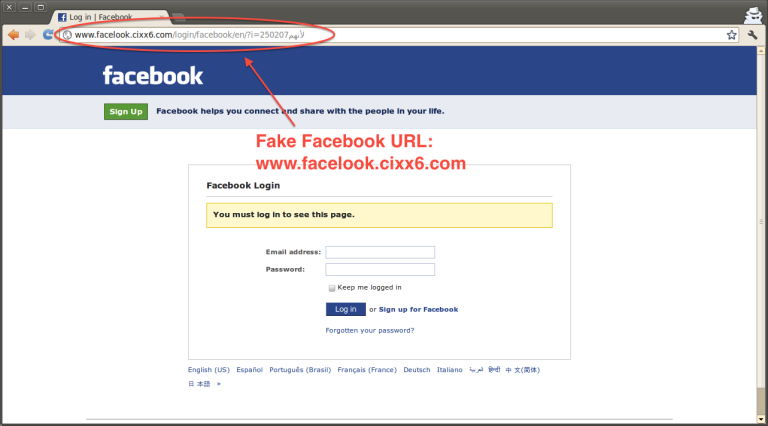
Phishing is still the most popular attack vector used for hacking Facebook accounts. There are variety methods to carry out phishing attack. In simple phishing attacks, a hacker creates a fake login page which exactly looks like the real Facebook page and then asks the victim to log in. Once the victim logs in through the fake page the, the victims “Email Address” and “Password” is stored into a text file, and the hacker then downloads the text file and gets his hands on the victim’s credentials.
How To Avoid Phishing Attacks
- Never Login your Facebook account on other devices
- Use Chrome, it identifies the phishing page.
- Avoid emails that ask you to log in your facebook account
#2 Hack Facebook Account Password By Keylogging

Keylogging is the easiest way to hack a Facebook password. Keylogging sometimes can be so dangerous that even a person with good knowledge of computers can fall for it. A Keylogger is basically a small program which, once is installed on victim’s computer, will record everything victim types on his/her computer. The logs are then sent back to the attacker by either FTP or directly to hackers email address.
How To Avoid Keyloggers
- Always download software from trusted websites
- Scan your USB drives for virus
- Having a Good antivirus and internet security will avoid keyloggers
#3 Saved Passwords From Browser
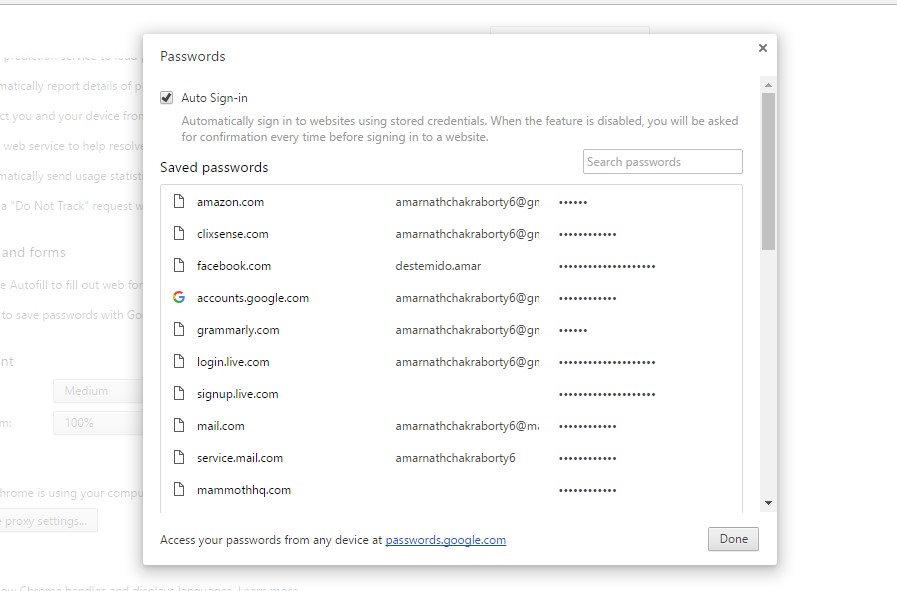
As we all know, whenever we log in with any account in our browser, the browser asks you to save the username and passwords in a computer. Anyone can hack your Facebook accounts from your browser password manager.
You can visit this URL and can see username and passwords you saved in your browser
chrome://settings/passwords
How To Protect yourself
- Never save login credentials on your browser.
- Always use the strong password on your computer.
#4 Hack Facebook Account Password By Session Hijacking
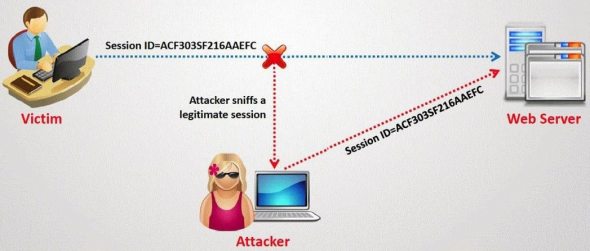
Session Hijacking can be often very dangerous if you are accessing Facebook on an HTTP (non-secure) connection. In Session Hijacking attack, a hacker steals the victim’s browser cookie which is used to authenticate the user on a website and use it to access the victim’s account. Session hijacking is widely used on LAN and WiFi connections.
#5 Sidejacking With Firesheep

Sidejacking attack went common in late 2010, however, it’s still popular logout. Firesheep is widely used to carry out sidejacking attacks. Firesheep only works when the attacker and victim are on the same WiFi network. A sidejacking attack is basically another name for HTTP session hijacking, but it’s more targeted towards WiFi users.
How To Protect yourself
- Avoid leaking cookies over HTTP
- Log off websites when you completed the tasks
- Avoid open WiFi networks
- Use VPN
#6 Mobile Phone Hacking

Millions of Facebook users access Facebook through their mobile phones. In case the hacker can gain access to the victim’s mobile phone then he can probably gain access to his/her Facebook account. There are lots of Mobile Spying software’s used to monitor a Cellphone. The most popular Mobile Phone Spying software’s are Mobile Spy and Spy Phone Gold.
How To Protect yourself
- Use a trustworthy mobile security and Antivirus program on your mobile phone.
- Never install apps from unknown sources
- Uninstall suspicious apps once you notice
#7 DNS Spoofing
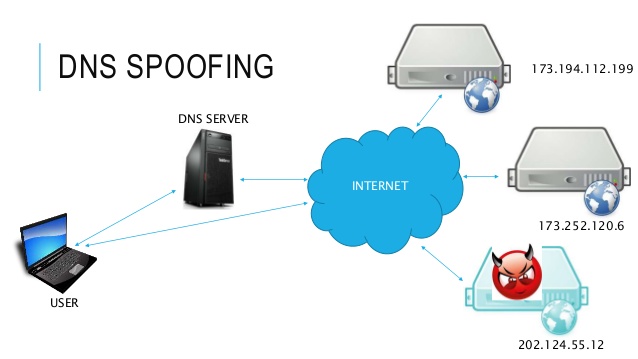
If both the victim and attacker are on the same network, an attacker can use a DNS spoofing attack and change the original Facebook page to his own fake page and hence can get access to victims Facebook account.
How To Protect yourself
- Configure it to be as secure as possible against cache poisoning.
- Manage your DNS servers securely
- Don’t get caught by known vulnerabilities
- Separate the authoritative function from the resolving function using different servers.
#8 USB Hacking
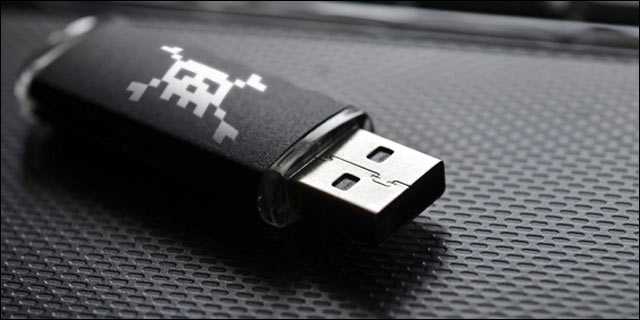
If an attacker has physical access to your computer, he could just insert a USB programmed with a function to automatically extract saved passwords in the Internet browser.
How To Protect yourself
- Insert trusted USB devices into your computer.
- Don’t purchase second-hand USB devices
- Scan for USB devices once you plugged in
#9 Man In the Middle Attacks
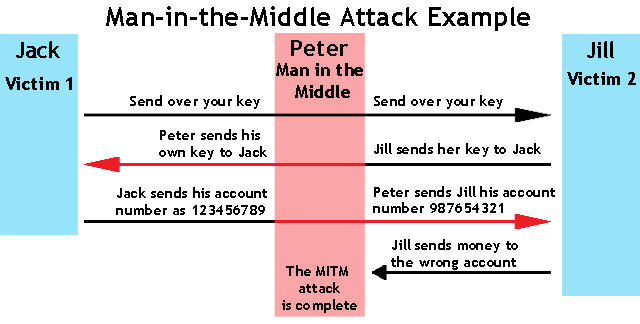
If the victim and attacker are on the same LAN and on a switch based network, a hacker can place himself between the client and the server, or he could act as a default gateway and hence capturing all the traffic in between.
How To Protect yourself
- Use VPN Services
- Use Proxy server to access the internet
- Use an antivirus that provides best firewall options
#10 Botnets
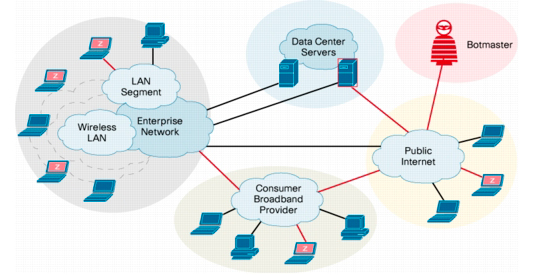
Botnets are not commonly used for hacking Facebook accounts, because of it’s high setup costs. They are used to carry more advanced attacks. A Botnet is basically a collection of compromised computers. The infection process is same as the key logging, however, a Botnet gives you additional options for carrying out attacks on the compromised computer. Some of the most popular Botnets include Spyeye and Zeus.
Install antivirus and antispyware programs from a trusted source. Anti-malware programs scan and monitor your computer for known viruses and spyware.
How To Protect yourself
- Keep all software up to date.
- Use strong passwords and keep them secret.
- Never turn off your firewall.
- Use flash drives cautiously.
#11 Social Engineering
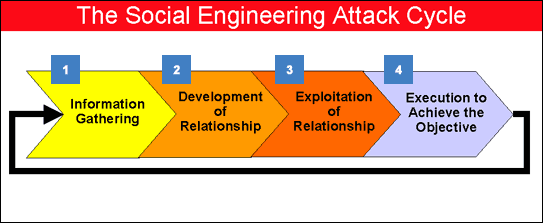
This is the simple method used by the hacker in order to collect information about victims as mush as he can get from all possible methods. If any victim uses simple passwords like mobile number, DOB etc., then any good hacker can effortlessly guess the password and hack into your account.
How To Protect yourself
- Never share personal information via email, chat messenger, phone
- Avoid links from unknown or suspicious sites
- Blocking USB devices to avoid the risk of Baiting
#12 Email ID Hacking
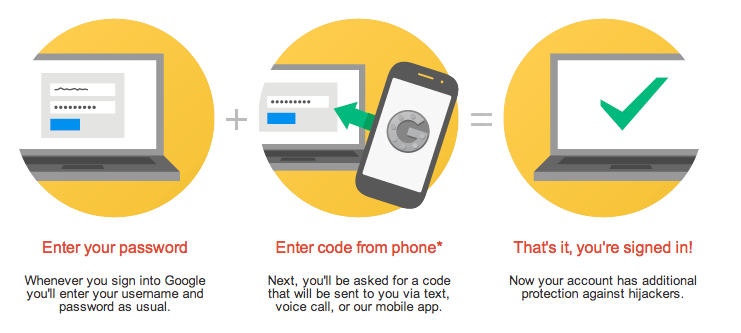
This is the evergreen way to hack Facebook account. The hacker just needs to access the connected email id of any Facebook account and can manually reset your Facebook password
How To Protect yourself
- Enable 2 step authentication in your Gmail account
- Use Strong passwords for your Email account
- Never enter email account on unnecessary sites
#13 Viewing Masked Passwords
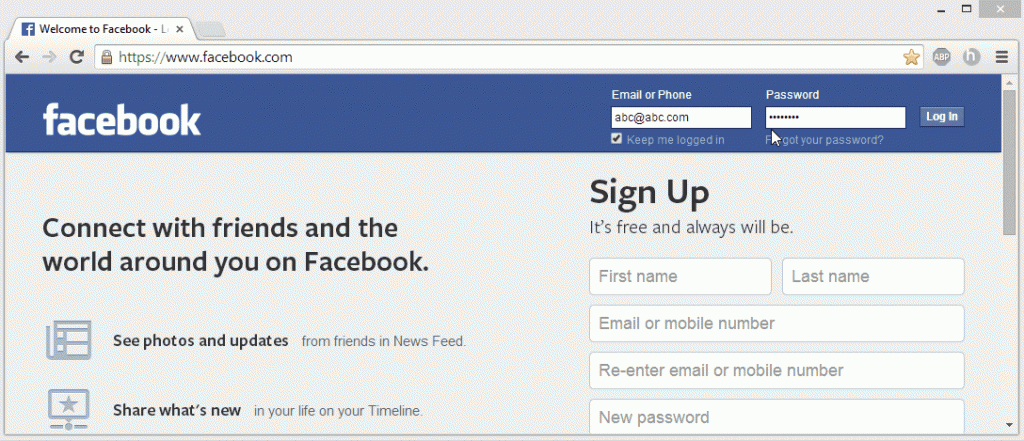
If your browser saved your Facebook login credentials than any hacker can view your masked passwords (****). Hacker just needs to alter some changes from inspect element in your browser. Therefore, never leave your PC when it is on the signup page. To prevent it, you must never save your Facebook or other Login credentials in Your Browser
#14 Hacking WiFi Network
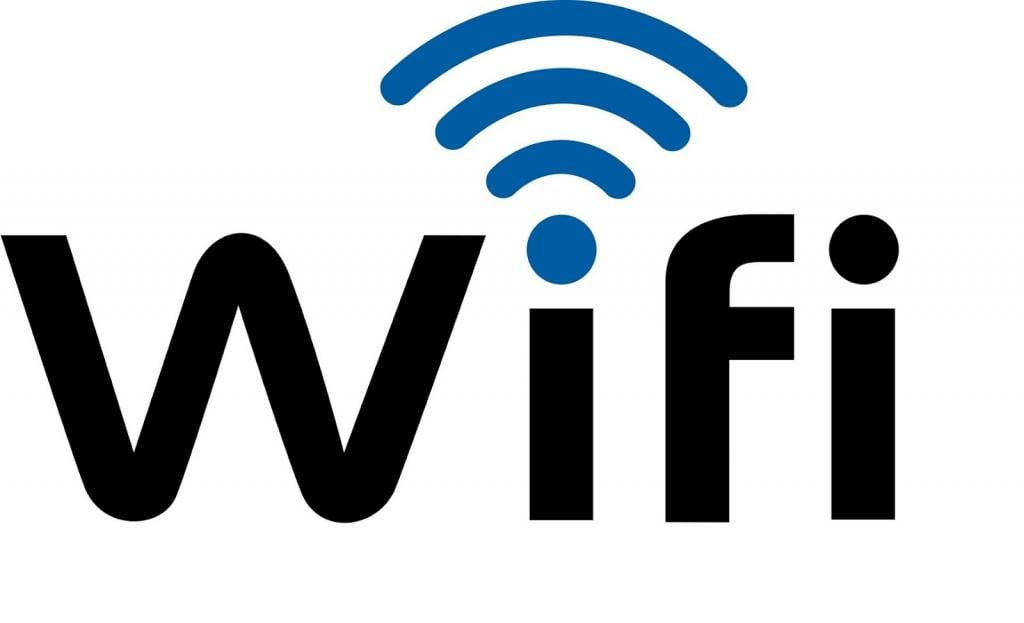
There were lots of tutorial on how to hack WiFi network. If you are one of them who use a weak password to setup router security. Then any hacker can hack your WiFi network and hijack all your internet traffic which can let hackers hack facebook account.
How To Protect yourself
- Don’t use Free wifi or public Wifi
- If you are using Public wifi, always use VPN
- Change your wifi password in regular basis
#15 Logout
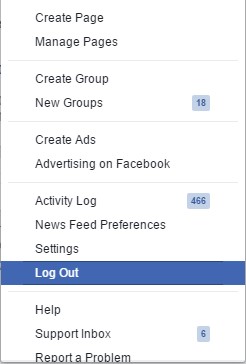
Usually, users never log out Facebook account from their computer. It takes just a few seconds to hit the log out button. Anyone can access your Facebook account if you leave your computer while your Facebook account is logged in. Therefore make sure to Logout every time you log in
Mostly, hackers use these methods to hack facebook account password, We shared these ways for security purpose. We get numerous emails on a daily basis asking us to how to Hack friends Facebook or E-mail account. If your email falls into any of the above categories, we will not help you.
No comments:
Post a Comment